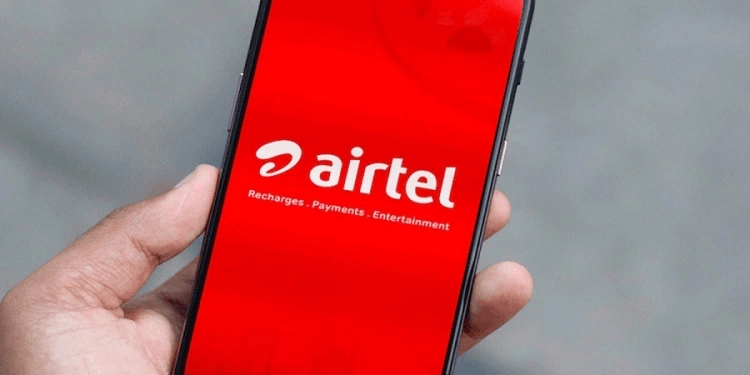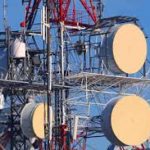Airtel Nigeria has increased its data prices by up to 50%, adjusting its tariff structure as telecom operators struggle with rising operational costs, inflation, and foreign exchange volatility. The new pricing, published on the company’s website on Monday, affects various data bundles and follows a recent upward review of voice call tariffs.
While Airtel has yet to issue an official statement, a senior company official confirmed the price adjustment, clarifying that not all data plans were affected equally. “Yes, we have updated data prices today, and they are available on our website. However, the increase is not up to 50%,” the official stated.
The revised pricing includes N50 for 40MB (valid for 1 day), N100 for 100MB (1 day), N200 for 200MB (3 days), and N350 for 1GB (1 day). Other plans include N500 for 750MB plus 1GB YouTube Night and 200MB for YouTube Music/Spotify (7 days), N500 for 1GB plus 1GB YouTube Night and 50MB for social media (7 days), N500 for 2GB (2 days), and N1,500 for 5GB (7 days).
In response to customer concerns over rising communication costs, Airtel assured users of continued affordability, stating: “Whatever your data needs are, we have a plan for you. Our fast, affordable, and reliable internet experience will keep you connected anytime, anywhere.” The company encouraged customers to check the updated pricing by dialing *312#.
The price hike reflects broader trends in Nigeria’s telecom industry, where operators are pushing for tariff reviews to cushion the impact of economic challenges. MTN, the country’s largest telecom provider, has also increased its data and call tariffs in recent days, following approvals from the Nigerian Communications Commission (NCC). The adjustments mean subscribers are now paying more for calls, SMS, and internet usage.
Telecom operators argue that these price changes are necessary to sustain long-term service quality, as they grapple with higher costs of network expansion, power supply, and regulatory compliance. Industry analysts note that maintaining infrastructure has become increasingly expensive, especially with the naira’s depreciation affecting equipment imports.
While the new tariffs aim to help operators stay financially stable, they add further financial pressure on Nigerians already dealing with rising costs of living. Many subscribers have expressed frustration, noting that higher data and call rates could make digital access more expensive, affecting businesses, students, and remote workers who rely on the internet for daily activities.
Despite the challenges, telecom providers maintain that the adjustments are necessary to ensure continued investment in infrastructure and improved service delivery. As more Nigerians depend on mobile data for work, education, and communication, industry stakeholders expect ongoing discussions on balancing affordability with the financial sustainability of telecom services.
Considering Airtel’s recent adjustments to data and call rates, it’s beneficial for consumers to be aware of various options for managing their mobile services. You can find a comprehensive guide on how to recharge Airtel, MTN, Glo, and 9mobile data plans using the Dantown app.










